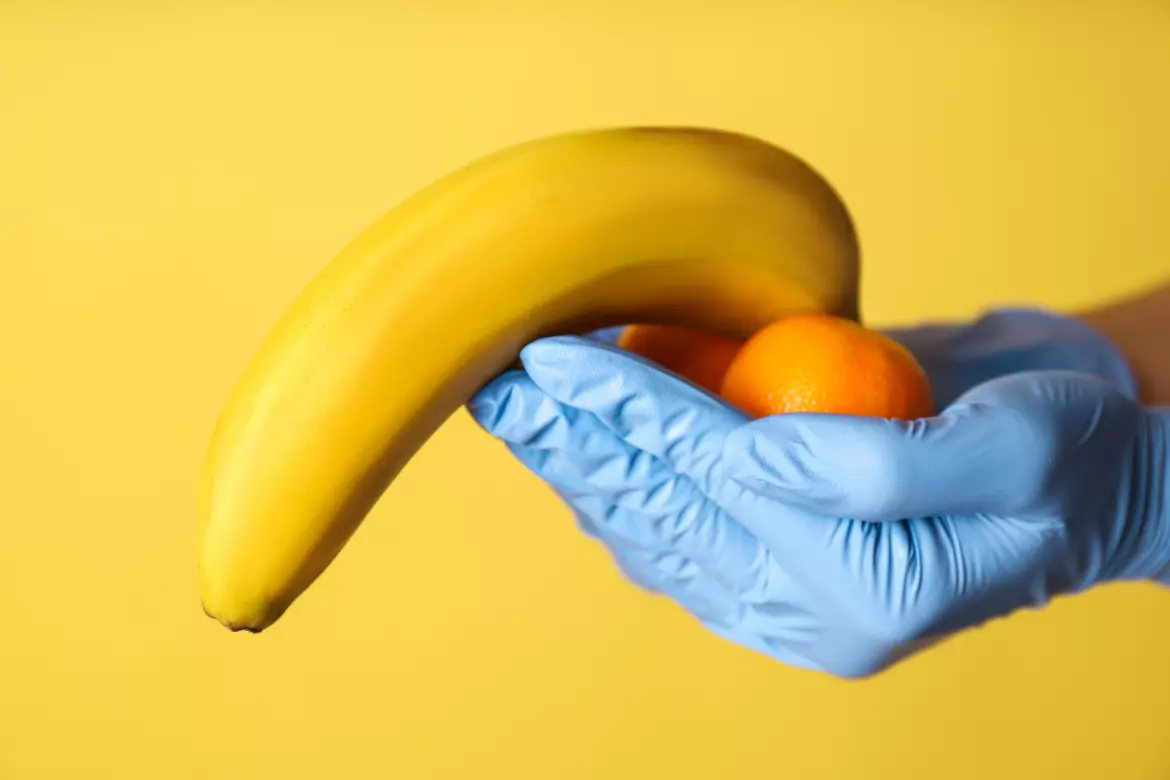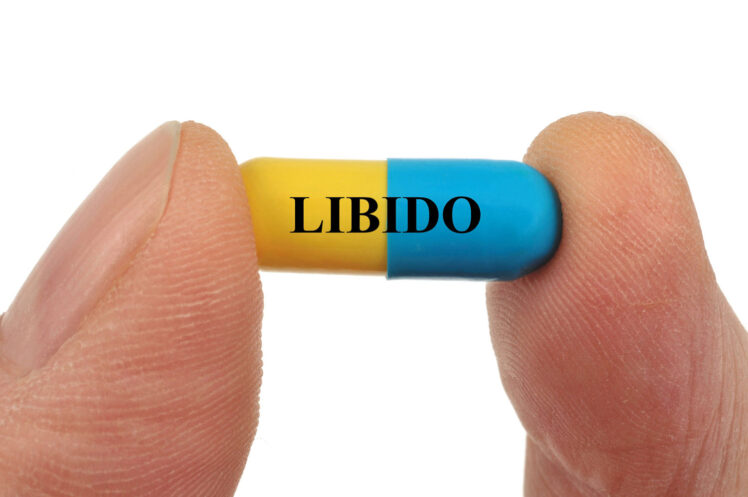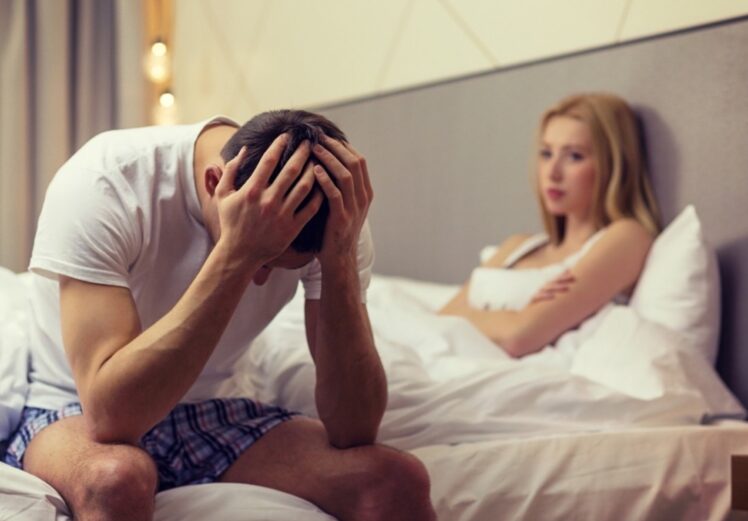When it comes to matters of the heart and the bedroom, a crucial aspect that can greatly influence a man’s overall well-being is libido. Libido, often referred to as one’s sexual drive or desire, plays a pivotal role in maintaining a healthy and satisfying intimate life. However, there are times when this fervor takes a nosedive, leaving men puzzled and concerned. In this exploration of the topic, we will delve into the intricacies of decreased libido in men: the symptoms that signal its decline, the underlying causes, and the potential solutions that can rekindle the flame of passion.
Contents
What is Libido?
At its essence, libido encapsulates an individual’s natural urge and inclination toward sexual activity. It’s the driving force that kindles the flames of intimacy, fostering a deep connection between partners. Libido is more than just a physical sensation; it’s a psychological and emotional phenomenon that plays a vital role in overall well-being. This intimate aspect of a person’s life is often regarded as a barometer of their vitality and mental health.

Source: babyyumyum.co.za
Importance of Libido for People
Libido extends beyond the boundaries of the bedroom; it spills over into various facets of life. A thriving sexual desire can boost self-confidence, promote positive self-esteem, and contribute to the overall quality of relationships. It’s not merely a biological impulse; it’s a crucial thread that weaves the fabric of emotional intimacy between partners. A healthy libido often signifies a balanced mind and body, fostering a sense of fulfillment and happiness.
Causes for Decreased Libido: Psychological Factors
Depression: The dark clouds of depression can cast a shadow over many aspects of life, including libido. Feelings of sadness, hopelessness, and fatigue can greatly diminish the zest for sexual activity.
Anxiety: Persistent anxiety can be another significant factor that dampens sexual desire. The constant whirlwind of worries and apprehensions can overpower the mind, leaving little room for passion.
Relationship Problems: Turmoil within a relationship can lead to a decline in libido. Unresolved conflicts, communication issues, and emotional distance can create a rift in intimacy.
Low Self-esteem: A negative self-image can significantly impact one’s libido. When an individual doesn’t feel comfortable or confident in their own skin, it’s challenging to engage in intimate encounters with a sense of abandon.

Source: besthghdoctor.com
Physical Factors
Hormonal Imbalances: Hormones play a pivotal role in regulating sexual desire. Low levels of testosterone can lead to low sex drive, along with issues like low sex performance and even premature ejaculation. Moreover, an imbalance in human growth hormone (HGH) can contribute to hgh erectile dysfunction, a condition where maintaining an erection becomes difficult. However, the field of hormone replacement therapy (HRT) offers promising solutions to address these imbalances.
Health Conditions: Certain health conditions such as diabetes, obesity, and cardiovascular problems can take a toll on libido. These conditions affect blood flow and nerve function, making it harder for the body to respond to sexual stimuli.
Drugs and Smoking: Substance abuse, including recreational drugs and excessive smoking, can adversely affect sexual desire. These substances interfere with the body’s natural responses and can lead to a decreased libido over time.
Aging: Age comes with its own set of changes, and a decrease in libido is one of them. As men age, their hormone levels shift, and they might experience a natural decline in sexual desire.
Certain Medications: Some medications prescribed for various health conditions can have side effects that impact libido. It’s important to consult a healthcare professional if you suspect that your medication might be affecting your sexual desire.

Source: slate.com
The Role of Diet and Nutrition in Libido
Diet plays an indispensable role in maintaining a healthy libido. The nutrients we consume can either boost or diminish our sexual drive.
For instance, foods rich in zinc, such as oysters and pumpkin seeds, can enhance testosterone levels. Omega-3 fatty acids found in fish like salmon can improve blood circulation, benefiting sexual health.
On the contrary, excessive alcohol or caffeine can suppress libido. It’s essential to maintain a balanced diet to ensure that the body receives all the vital nutrients to support a healthy sexual drive.
The Impact of Modern Lifestyle and Technology on Libido
The hustle and bustle of modern life, coupled with the omnipresence of technology, can inadvertently affect libido. Prolonged screen time, especially before bedtime, can disrupt sleep patterns, leading to fatigue and reduced sexual desire.
Additionally, the constant barrage of unrealistic standards set by media and pornography can lead to performance anxiety. It’s crucial to set boundaries with technology and be mindful of its impact on our intimate lives.

Source: harvard.com
How to Deal with It
Open Communication: If you’re facing a decreased libido, it’s crucial to communicate openly with your partner. Addressing the issue together can foster understanding and bring you closer.
Lifestyle Changes: Simple lifestyle modifications such as regular exercise, a balanced diet, stress management techniques, and getting adequate sleep can positively influence libido.
Professional Help: Seeking professional guidance from a therapist or a medical doctor can shed light on the underlying causes and offer tailored solutions. For hormonal imbalances, hormone replacement therapy (HRT) has emerged as a reliable option to restore the body’s equilibrium.
Exploring Sensuality: Engaging in activities that promote sensuality and physical closeness without the immediate goal of sexual intercourse can help reignite desire.
Alternative Therapies and Natural Remedies
Beyond conventional treatments, there are several natural remedies and alternative therapies believed to enhance libido. Herbs like:
- Fenugreek: traditionally used to boost libido and enhance testosterone levels. Some studies suggest that it can increase sexual arousal and stamina in men.
- Ginkgo biloba: touted for its potential to improve blood circulation, which can be beneficial for erectile function. It’s believed to enhance the nitric oxide pathway in the body, which plays a crucial role in achieving and maintaining an erection.
- Maca root: considered an adaptogen, meaning it helps the body adapt to stress, which can be beneficial for maintaining a healthy libido.
Acupuncture, a practice rooted in traditional Chinese medicine, is also considered beneficial for balancing energy flows and enhancing libido. While these remedies can be effective, it’s essential to consult with a healthcare professional before trying any alternative treatments.

Source: medium.com
Conclusions
The ebb and flow of libido are part and parcel of the human experience. While a decreased libido might spark concerns, it’s essential to recognize that it’s a common issue faced by many. Psychological factors like depression, anxiety, relationship troubles, and low self-esteem can contribute to this decline. Meanwhile, physical factors such as hormonal imbalances, health conditions, drugs, smoking, aging, and certain medications can also play a role.
Remember, the journey to rekindling one’s libido is unique to each individual. By acknowledging the factors at play and proactively seeking solutions, men can embrace their sexuality and enjoy the many benefits of a vibrant and fulfilling intimate life.
